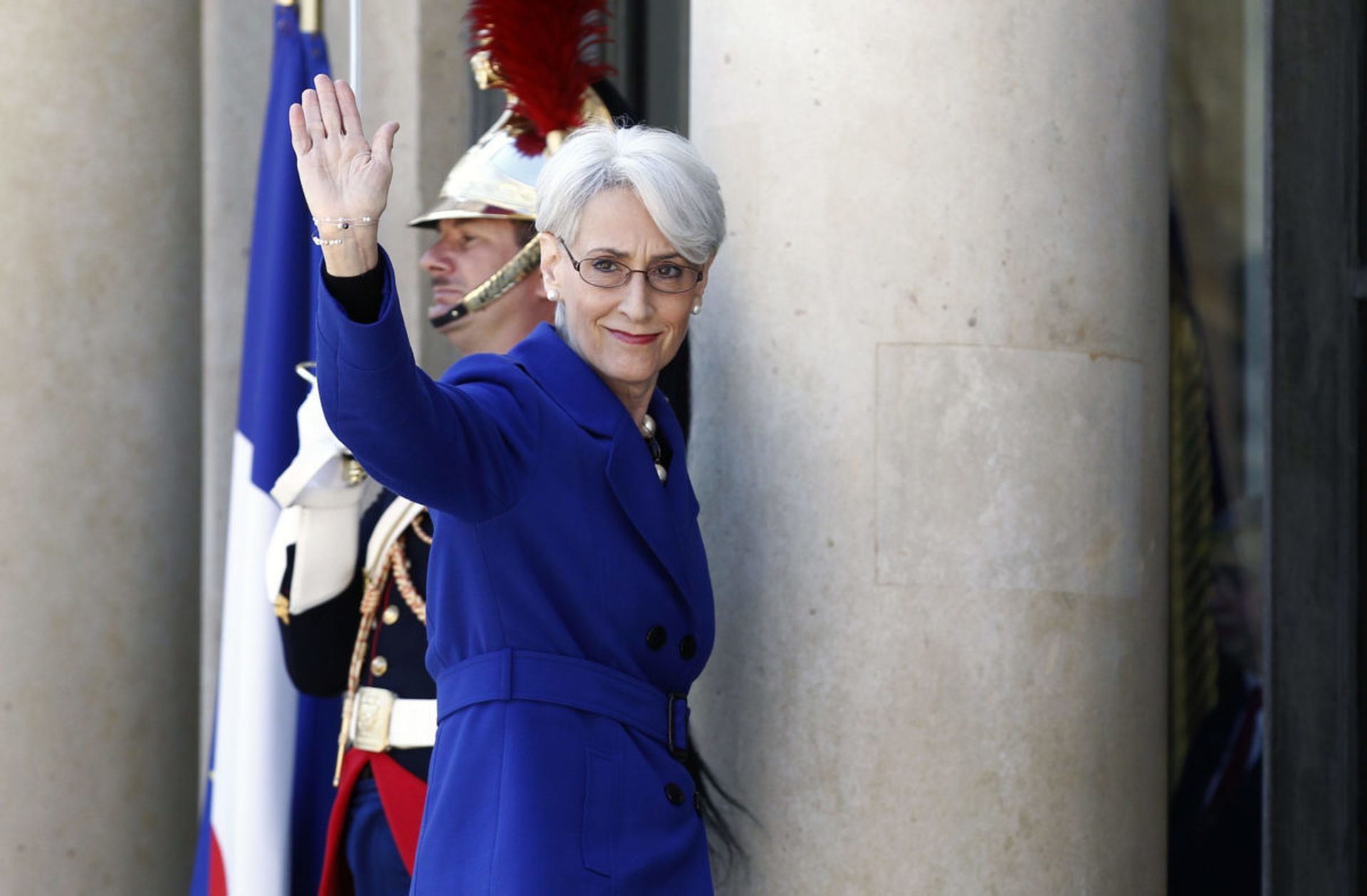The State Department announced it would move to revive an idea that policymakers have been floating for years: creating a new cybersecurity-specific bureau.
In an announcement Monday, department officials said they were reorganizing the department’s cyber operations after a detailed policy review by Deputy Secretary of State Wendy Sherman and Deputy Secretary for Management and Resources Brian McKeon, as well as consultation with members of Congress and outside experts.
“Pending consultations with Congress, we plan to establish a Bureau of Cyberspace and Digital Policy, led by a Senate-confirmed ambassador-at-large which will focus on three key areas: international cyberspace security, international digital policy, and digital freedom,” State Department spokesperson Ned Price told reporters in a briefing Monday. “This will integrate the core security, economic, and values components of our cyber agenda. We also plan to establish a new special envoy for critical and emerging technology to lead the immediate technology diplomacy agenda with our allies, partners, and across the range of multilateral fora.”
Secretary of State Antony Blinken will provide further details on the new bureau in a planned speech Wednesday.
As ransomware, state-backed espionage and digital weaknesses in the global supply chain have have become more prominent, cybersecurity issues have shot to the top of many diplomatic agendas, both with allies and adversaries. The need for a dedicated bureau for cyber diplomacy is something lawmakers in Congress have been pressing for years, ever since then-Secretary of State Rex Tillerson eliminated the department’s cybersecurity coordinator position and transferred most of the position’s responsibilities to the Bureau of Economic and Business Affairs.
Originally, the Trump administration balked at calls for such a bureau, but when legislation to restore the office passed the House in 2018, the administration moved to propose and create its own Bureau of Cyberspace Security and Emerging Technology. That plan was panned by former State officials like Chris Painter, who argued that the administration was rushing the bureau’s creation after years of inaction while not giving it the authority and reporting structure necessary to break through international policy silos.
Pressed to explain how the Biden administration’s bureau would differ from the one proposed by the Trump White House, Price said the structure and hierarchy of their new bureau was “quite different” from CSET, something he claimed would have a big impact on how the bureau’s work is integrated into the department’s larger operations. By reporting directly to the deputy secretary, Price argued that cybersecurity issues would not be “solely confined to one bureau, to one special envoy.”
“So what the previous administration set up — what they proposed, I should say — was to create a bureau that would be responsible for the national security aspects of cyberspace security and security-related aspects of emerging technology,” Price said. “The Cyberspace Security and Emerging Technology Bureau would have been placed under the under secretary for arms control and international security. So this is a very different structure. This is a bureau that is focused on the issues that are most critical to cyber, to emerging technologies, but also with the cyber envoy attached separately.”
Backing up that notion, Painter praised the department’s new plan for making different structural choices that he believes will elevate the issue across State operations.
“I’ve long said that a new cyber bureau needs cross-cutting authority and be placed at a high level in the organization. This does both — broad & appropriate mandate and reporting to the Deputy Secretary of State,” Painter said on Twitter following the announcement.
A revivial and renewal of a dedicated cyber office or bureau at the State Department has been a years-long goal pushed by lawmakers in both parties, most notably through a recommendation in the Cyberspace Solarium Commission.
Rep. Jim Langevin, D-R.I., one of the Solarium’s commissioners and a longtime proponent of establishing and empowering a cyber bureau at State, said he was in “complete alignment” with the Biden plan after a call with Sherman and other state officials. He also urged them to support efforts to codify the office through congressional legislation, which again passed the House in April.
“In particular, we were pleased to hear that the new bureau will be responsible for overseeing international cybersecurity, digital policy, and digital freedom while matters of critical and emerging technology will be handled by a separate special envoy,” Langevin said.




